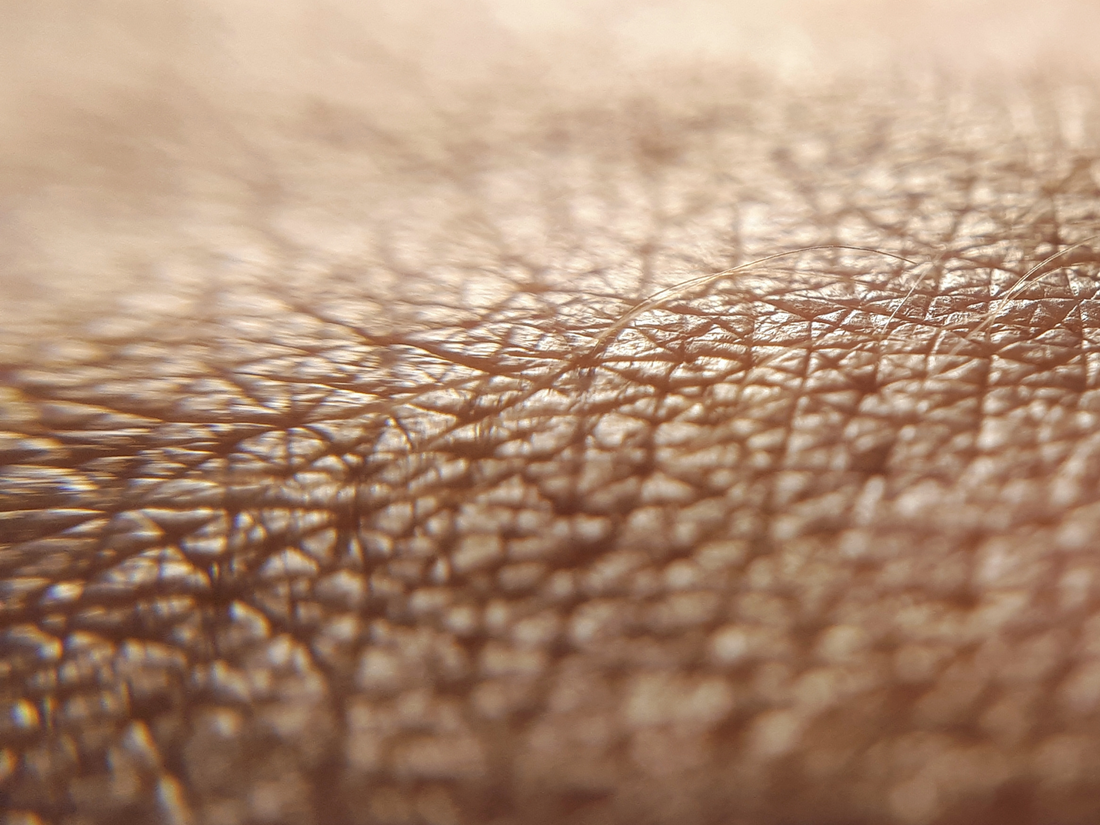
How does Vitamin C actually work?
Share

Why is Vitamin C essential to skin health?
Vitamin C has been proven in many scientific studies to
- Enhance the production of barrier lipids to make skin stronger.
- Help with effective wound healing.
- Support fibroblast’s function in collagen and elastin formation.
- Play a physiological role against skin oxidation.
Did you know what Vitamin C deficiency can cause?
Vitamin C deficiency is called “scurvy”. It appears once plasma concentrations of ascorbic acid are too low. This condition can appear if diet provides less than 10mg of Vitamin C (ascorbic acid) daily. Skin is less able to produce collagen; this leads to the disruption of connective tissue and fragility of blood vessels.
Early symptoms in the skin include a thickening of the stratum corneum and spots of small subcutaneous bleeding. As scurvy progresses, wound healing is impaired due to the loss of mature collagen, which allows wounds to remain open.
Honestly, no one want to experience this!

Where is Vitamin C present in body and skin?
Vitamin C is a normal skin constituent. It is present at high levels in both the dermis and epidermis. The vitamin C content of the epidermis is higher than the dermis.
Aging, however, causes a decline in vitamin C content in both skin layers. Excessive exposures to UV light or pollutants may also lower vitamin C content.
Vitamin C in the skin is normally transported from the bloodstream. Transport proteins specific for ascorbic acid are found on cells in all layers of the skin.
Keratinocytes (cells in the upper layers of skin, close to the outside) have a high capacity for vitamin C transport.
How is Vitamin C absorbed into skin?
Topical application of Vitamin C is shown to cross the epidermis into the underlying dermal layers. This penetration is promoted under certain conditions:
- Vitamin C is in the form of ascorbic acid. This is the only form of Vitamin C that is naturally present in our body, and that is researched to have biocompatibility with human cells.
- Vitamin C (ascorbic acid) is water-soluble. It means it dissolves and is transported in water. A water-based solution needs to be the “carrier” vs. an oil-based solution.
- For Vitamin C to penetrate, it needs to have pH levels below 4. This is relatively acidic, and it is why Vitamin C sometimes causes sensitivity.
- Removal of the some of the stratum corneum (thin skin layer made of mostly dead skin cells) by lasers, chemical peels, or mechanical methods such as dermaplaning or microdermabrasion enhances absorption.
How to choose the right Vitamin C skincare?
1. Look for products that have ascorbic acid.
It is the only form of vitamin C that penetrates skin and is compatible to skin cells. Other forms of Vitamin C have little or no research that show they work.
2. Use a powder serum or a water-based serum free of oil.
As much as Vitamin C face oils sound appealing, their makeup goes against the fact that Vitamin C’s carrier is water. If you find a Vitamin C serum with oil, this should also be avoided. Finally, any cream infused with Vitamin C will be the same – as creams usually are blends of oil and water. The Tingly Powder Serum has been formulated to be in the most adequate form so skin has maximum benefits from it
3. Visit your local esthetician for a chemical peel or other deep exfoliation treatment.
By doing this, the Vitamin C product you use at home can penetrate deeper into skin.
4. Eat Vitamin C-rich food every day, every meal.
A constant flow of Vitamin C in your body will have a direct impact on your skin’s appearance. 200 mg per day, spread evenly between your 3 main meals is best (e.g. 60-70 mg per meal). If you do not have access to food with Vitamin C for one or two meals, lightly supplement it to maintain the flow.

